I seem to begin every post now with an apology for my absence. My excuse this time is a mixture of failing technology, farmwork, a few weeks of distraction in hiking and crocodile-spotting in the Northern Territory, a busy but short-lived stint in Sydney, a trip back to the homeland and a triumphant return to Brisbane (where it’s mostly rained since I got back). Those who have been following my journey may have observed that I’ve now been in Australia for over one year, meaning that I must have been successful in chasing those elusive 88 days of rural work for the second year visa. You would be right – it all paid off in the end. And here is the (abridged) story of how I did it…
I left you hanging on my escape from my first attempt at farmwork, boarding an early morning bus from Mildura to the town of Elizabeth, just north of Adelaide (the bus driver commented that he didn’t usually drop backpackers off in Elizabeth. There’s a reason for that). From there, a train to Gawler and then a bus into the Barossa Valley brought me to Tanunda, my home (hopefully) for the next three months.
My initial impressions, as I jumped off the bus and navigated my way to the hostel, were fairly positive. It was a sunny Friday morning and the town’s main street was bustling with locals and visitors. There were a number of cafes with people sitting outside, and the tour buses up from Adelaide trundled past, ferrying tourists to the various wineries in the area. There was life in the town, and no one paid me any attention as I went on my way; I didn’t stick out, like I did in Wentworth.
My first impressions of the hostel were somewhat mixed. The first thing I noticed was that there was nobody about – a good sign, as it suggested that everyone was actually working, unlike at Wentworth! However, as the weekend receptionist led me to a bed at the back of a ten-bed dormitory, I realised that this place was pretty much what I had imagined from a working hostel; scruffy, messy, cold, no hand-dryers in the bathrooms, and a tiny kitchen which was completely inadequate for the number of people living there. The hostel at Wentworth, for all its faults, did actually provide quite nice and clean accommodation, and I realised that living in my new home was going to take some adjustment.
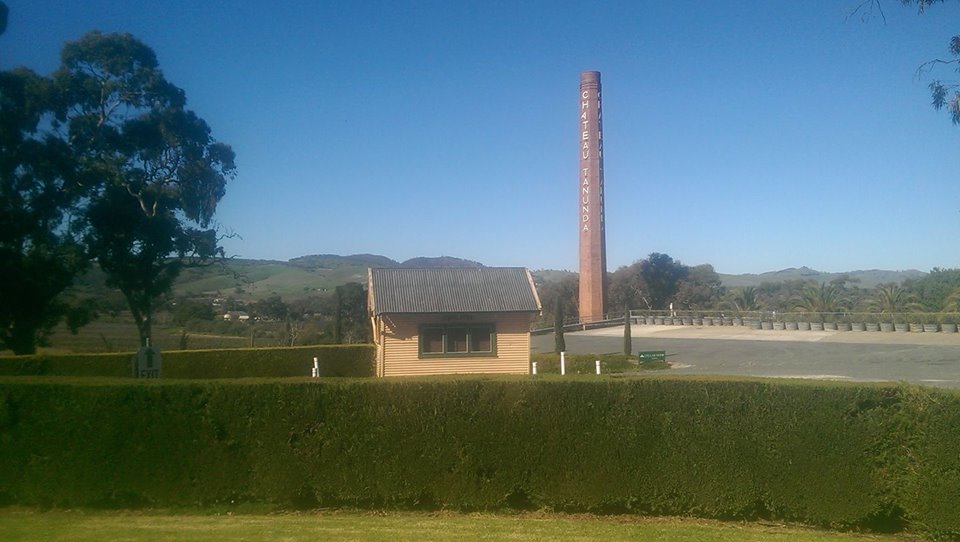
The view from the hostel’s back garden.
The emptiness of the place didn’t last that long, By 7pm, it had transformed into a hive of activity. Everyone was back from work, sitting in the kitchen in their hi-vis, eating takeaway pizza and drinking beer or goon and discussing their days. It was fairly overwhelming for a newbie, even a confident one like myself, and so I took myself off for an early night.
The next day was a Saturday, and so there were a few more people around, as Saturday was a slower day for work. I spent the day getting to know some of my new peers, along with three other new girls who had arrived the night before, getting the lowdown from what to expect from the work there. I couldn’t say I was thrilled at what I was hearing, but at least I was going to be paid properly, so it was a vast improvement on Wentworth already!
As it turned out, I didn’t have to wait long for work. Three days later, I and the other newcomers were climbing into one of the rickety hostel work vans and heading to our induction at the potato and onion factory where we would be completing our 88 days. Having never set foot in a factory before, seeing my friends from the hostel working on the machines was fairly intimidating; I found myself wondering how I was going to avoid messing anything up. It would soon be my turn, however. That night, we all received the text message calling us into work, and at 6.30 the next morning I was lining up with everyone else to clock in and be sent to our stations. I was directed to a mysterious place called “Pre-Pack”, right at the bottom of the factory. Once there, I wondered what I was supposed to do; everyone else seemed to immediately know what needed to be done, opening crates and getting the section set up. I turned to the first person I saw, a girl whom I recognised as being from the hostel, who evidently took pity on me in my confused state and reassured me the supervisor would allocate me a spot somewhere. Soon enough, he appeared, and led me to what I quickly realised was the infamous “Backbreaker” that I had heard so much about; a machine which spews out bags of potatoes, to be swiftly packed into a crate – 7 or 8 or 3 to a crate, depending on the size of the bags – and then a big round button bashed to move the crates along, by a worker bent over the machine (hence its name). The machine stopped and started, leaving me lost as to what I was supposed to be doing; luckily, K, the girl I spoke to earlier, helped me out throughout the day, prompting me to get down and clean up or open crates, and then alerting me to the machine starting again with a cry of “potatoes!”
By the end of the shift I’d worked nine and a half hours, and, whilst my back wasn’t suffering as much as I’d expected, my right wrist was agony, the joint scarily swollen up. Freaking out about the prospect of having a Repetitive Strain Injury and not being able to do the work, I was glad to receive the day-off text message that night, and spent the next day locating a support bandage and resting my hand. Luckily the bandage did the trick, and I was back in and able to perform my duties the day after.
This time, I was on the “New Line” – onions. My role today was grading; standing at a conveyor belt and picking out the bad onions before they went on to be packed. It was fine for a few hours…but by the end of my twelve hour shift I was ready to cry. I couldn’t take any more rolling onions, there was a massive mess to clean up, and my bad wrist ached when I handled a broom to sweep up.
After that first week, I did begin to get used to the work. I was moved around frequently and ended up working in all areas of the factory. The first section, and usually the first to start in the morning, was Wash, which dealt with potatoes. For my final few weeks I worked on the top grading table there, picking out bad potatoes as they emerged from the washing machine, a giant cylindrical drum where they are washed in water and chlorine (always wash your veggies before cooking them folks, even the pre-packaged ones). Before that point was Waste, my least favourite job in the factory and the one I always hoped not to be given when we lined up at 6.30 every morning. That’s where you’re dealing with the potatoes as they come in from the field, so you’re picking out clay, grass, twigs, maggot-filled rotting potatoes, and whatever other crap comes through. You inevitably get wet and muddy, and the whole area is washed down by a hose, so when you’re cleaning up you get wet feet too as you shovel potatoes off the floor.
Wash sat at the front of the factory and a siren signalled the machine getting going, followed by the clatter of machinery and the pattering of potatoes onto the grading table. You could hear the siren throughout the whole place. The machine also had a tendency to break down, with the drum becoming too full, or the rollers malfunctioning. One day I was doing a final grade underneath one of the other grading tables, when I heard a scraping noise, and my friends yelling as they pulled the Emergency cord and the whole section ground to a halt; some of the rollers had come clean off the table. We then had to clock out and spend half an hour of our own time waiting for it to be fixed; a frustrating habit of the supervisors, to avoid having to pay us whilst broken machinery was dealt with.
Next you had the two onion lines, the Main Line and the New Line. I worked on both frequently for quite a few weeks near the start of my stint at the factory, and while they were the places to get good hours, the smell of onions penetrated everything; your clothes and even your skin. The highlight of these areas was one particular machine where you throw the bad onions over your shoulder into the bin behind you; you’re the only person in the factory permitted to throw produce around, and it’s actually pretty fun! I will always remember the ingrained dirt in my fingertips, even though I’d been wearing gloves, and the thumping of the hopper dropping another load of onions through to be graded, especially on those long twelve-hour days.
Down the bottom of the factory you would find Pre-Pack, the potato line where I had several further stints on the “Backbreaker” during my time there. This was always the best line to be on to avoid management; up on onions one of the managers would be constantly on our case – “you’re throwing out good onions girls!” – and on the Wash potatoes we would encounter the factory owner, an angry , red-faced man who made himself feel important by shouting at other people. It was mostly a bearable place to work, but I did witness racist remarks towards some of the other immigrant workers, and approaches to female workers which I would deem inappropriate at best, and sexual harassment at worst. Some of the supervisors just had no idea how to interact with people; one slapped my hand one day because he didn’t like how I was grading the potatoes. There were many times when I nearly told them what I thought of them, but I kept reminding myself to grit my teeth and get on with it for the sake of the visa.

My fetching work attire.
It wasn’t just the work that could be tough; living in the confined space of a working hostel in the middle of nowhere with seventy other people with whom you also worked every day was challenging at times. We weren’t ridiculously remote; we could take a hostel van and go to Elizabeth to go shopping, or go visit the local wineries- I went wine-tasting at THE Jacob’s Creek one Saturday – but there were only so many times you could do those things. The boredom was immense, and whilst I tried to make myself take advantage of this free time by writing my diary and reading (when else in my life would I get the chance to do little else but read books?), when you mix together a mind-numbing job (honestly, I thought my brain was going to dribble out of my ears some days at the factory), an area with not much to do, and terrible weather (it was winter, and in South Australia that means cold temperatures, and wind and rain for most of July), you find that a lethargy sets in. I would walk around like a zombie some days, tired and sluggish. Sometimes I would catch myself just standing and staring at myself in the mirror. I would wash and blowdry my hair just for something to kill the time. On the day I finally left, the hostel manager revealed that he had thought I wouldn’t last the full three months.

Wine-tasting at Jacob’s Creek.
I don’t think I was the only one who struggled. Saturday night was party night at the hostel, and judging by the amount of intoxication that always occurred, others needed some kind of release too. At first I joined in, buying the “backpacker” wine from the chateau next door; the bottles that they needed to get rid of, sold to us for $2. My only comment around this will be that if a bottle of wine only costs you $2, there’s a reason for that, and you should certainly never ever drink more than one bottle at a time. I soon graduated to goon (a sentence no one has uttered before). By my final month, however, I was over the partying, and took the approach of just keeping my head down and counting down my days. My ten-bed room became too rowdy, even for the cheap price, and I moved into a quiet three-bed room already populated with two of my friends who shared my lack of enthusiasm for the Saturday night shenanigans.

Getting dressed up for “Flower Power” night one Saturday!
Another backpacker at the factory summed up the 88 days of rural work quite nicely; the days are slow, but the weeks go by quickly. This was true for me; however much it felt like it dragged at the time, my three months actually sped by, and before I knew it, it was time for me to move on. The first time I went to Adelaide, I found it a small and little dull. This time, as I watched the city buildings come into sight on the train ride from Gawler as I made my escape, I was indescribably happy to be back.
It wasn’t all bad. I didn’t get ripped off, assaulted, blackmailed, maimed or killed, all of which has happened and does happen to backpackers during their 88 days. The intense atmosphere of living and working together bonds you into a kind of family with the others in the hostel, and from that I have friends for life, with whom I share an experience that not many people, in the grand scheme of things, have undertaken. And, most importantly, I got my Second Year Visa, the right to stay in this beautiful country for twelve more months.
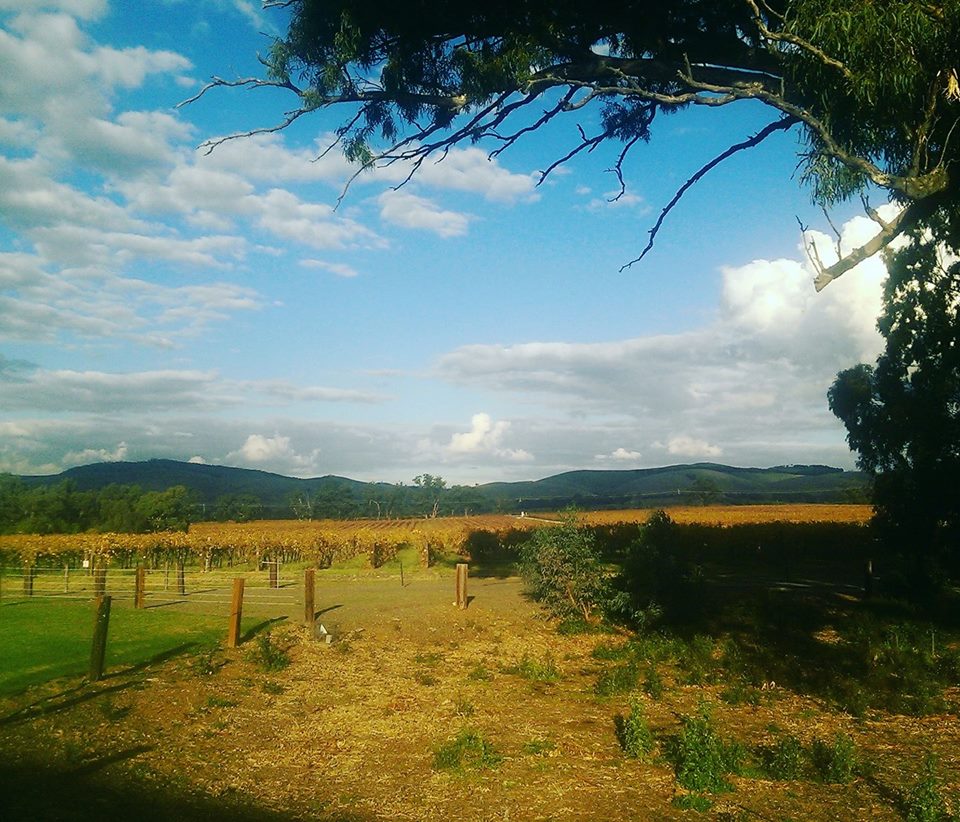
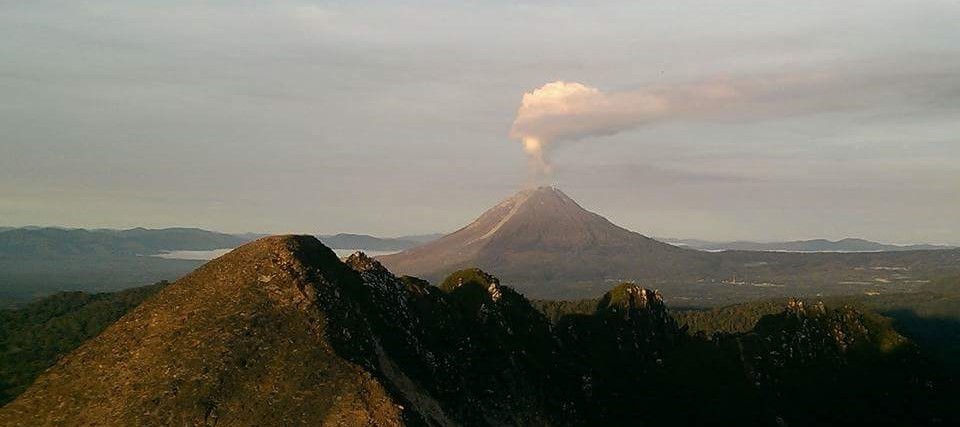



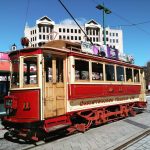
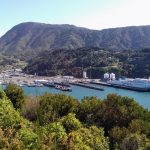



Pingback: Seven days in Cairns: the Daintree, Port Douglas, and the Great Barrier Reef - The Imagination Trail
Pingback: Stars, sand and solitude: a journey to the heart of Australia - The Imagination Trail
This was an interesting read. I wondered about what it’s really like when you get the visa. Good job, and good luck!
Thank you for reading and responding Amy! I had no idea what to expect when I went into this visa!
Omg this is so dkmilar to my experience! Shitty hard work, cold (and mine was outside too!), But overall can’t complain compared to other stories about Oz farmwork. Love your writing too!
Thanks so much Ellie!